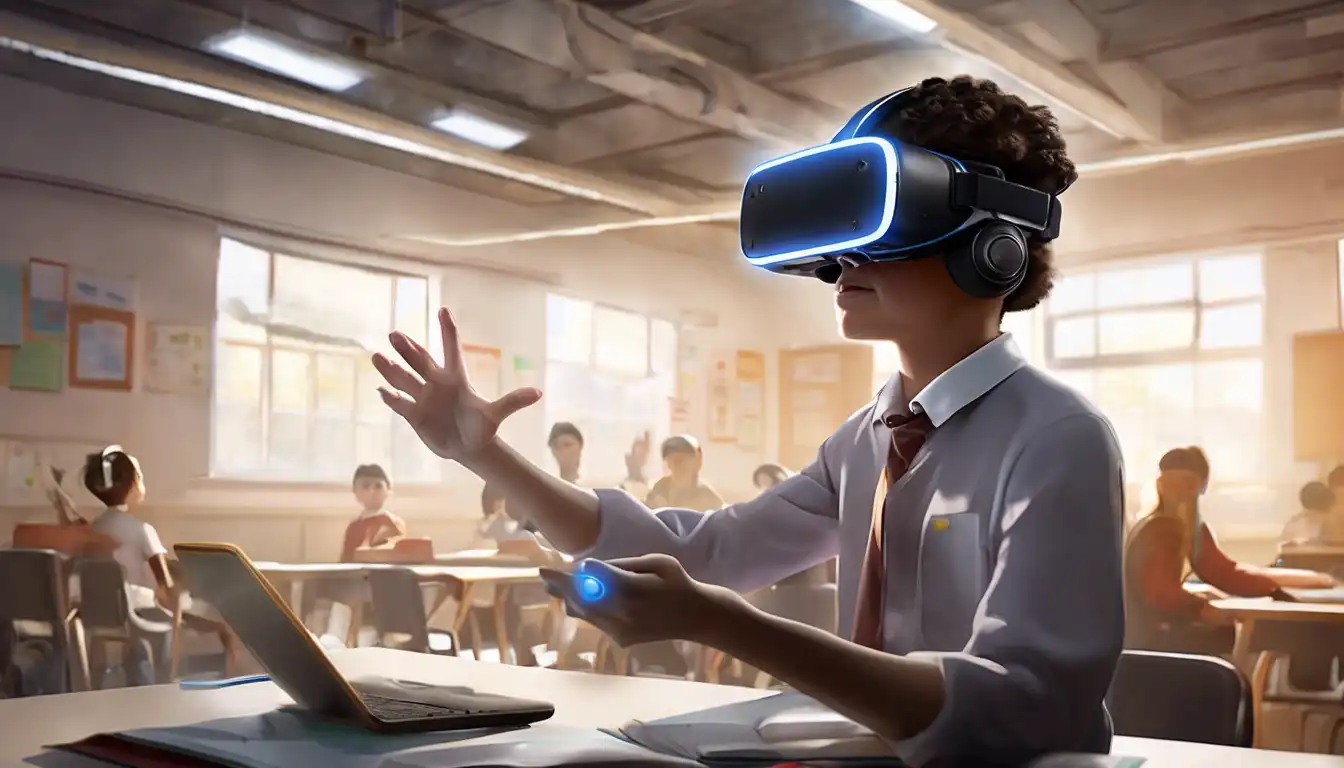The Transformative Impact of Virtual Reality on Learning and Development
Virtual Reality (VR) technology has rapidly evolved from a futuristic concept into a practical tool in various sectors, including education and training. Its immersive nature offers unparalleled opportunities for engaging learners, simulating real-world scenarios, and enhancing the retention of knowledge. This article delves into the potential of VR in revolutionizing educational methodologies and professional training programs.
Why VR is a Game-Changer in Education
VR introduces an interactive learning environment that transcends traditional classroom boundaries. By simulating real-life situations, learners can explore complex subjects in a hands-on manner, making abstract concepts tangible. For instance, medical students can perform virtual surgeries, gaining valuable experience without the risks associated with real-life procedures.
Enhancing Professional Training with VR
In the corporate world, VR training programs are becoming increasingly popular for their cost-effectiveness and efficiency. Employees can practice skills in a controlled, virtual environment, reducing the need for physical resources and minimizing risks. Industries such as aviation, healthcare, and manufacturing are leveraging VR to train their workforce, demonstrating significant improvements in performance and safety.
The Benefits of VR in Learning
- Engagement: VR's immersive nature captures learners' attention, making education more engaging and enjoyable.
- Retention: Studies show that VR experiences enhance memory retention by providing vivid, memorable learning experiences.
- Accessibility: VR can bring distant or inaccessible environments to the learner, breaking geographical and physical barriers.
- Customization: Learning experiences can be tailored to individual needs, accommodating different learning styles and paces.
Challenges and Considerations
Despite its potential, the integration of VR in education and training faces challenges, including high costs, technical limitations, and the need for specialized content development. However, as technology advances and becomes more affordable, these barriers are gradually being overcome.
Future Prospects
The future of VR in education and training looks promising, with ongoing advancements in technology paving the way for more immersive and interactive learning experiences. As VR becomes more mainstream, its potential to transform traditional learning paradigms is undeniable.
For more insights into innovative learning technologies, explore our articles on E-Learning Trends and The Future of Education.
